BCIT launches Flexible Learning – the evolution of part-time studies

While BCIT has always been a leader in delivering part-time learning for students, the launch of Flexible Learning signals an evolution in the Institute’s nearly 60-year legacy of delivering industry-focused, job-ready education.
Flexible Learning encompasses a suite of learning options – part-time courses, microcredentials, industry services, and free online learning courses – that allow skilled professionals to choose when, where, how, and what they learn.
Learning is short, accredited, industry-focused, customizable, and self-paced so learners are making the most out of their time and resources. This is particularly beneficial during times of economic challenges as learners can seek a shorter-term accreditation (of stackable digital badges and microcredentials) for the skills and competencies needed to ladder into in-demand jobs – rather than investing more resources into in a longer program. In this “a la carte” approach for upskilling – learners pay and take what they need, one step at a time.
Although BC’s latest Labour Market Report forecasts more than one million job openings in the next decade, Canada is experiencing declining labour force participation rates. According to recent data from the Greater Vancouver Board of Trade and the Canadian Chamber of Commerce’s Business Data Lab, employers report facing a shortage of workers, difficulties recruiting skilled employees, and employee retention. This labour shortage is only expected to intensify as the working population ages and demographic shifts continue in the workforce. With this in mind, there is an urgency for industry, government, and post-secondary institutions to collaborate on innovative ways to quickly fill the gap on labour shortages and support Canada through economic challenge.
Flexible Learning: Reducing barriers for students
“Accelerated demographic shifts in the workforce and economic challenges across industries have heightened the need for quick and relevant upskilling to fulfill in-demand jobs. BCIT Flexible Learning answers this need,” says Jennifer Figner, BCIT Associate Vice President, Academic Operations. “Ultimately, flexibility reduces barriers to education and allows learners to choose and customize the post-secondary experience that’s right for them today.”
In some cases, learners may already have degrees from a college, university, or technical institute, but need to learn specific skills or earn qualifications to take their careers to the next level. In other cases, they may have received their professional training in a foreign country, and need to complement their previous schooling in order to align with Canadian requirements. Many may also have obligations to fulfill, such as caring for children, aging parents, or working part or full-time. Flexible learning caters to the unique pathway of each learner. Start with one course and if it’s the right path, learners may choose to take more courses and ladder credits towards earning a program credential – whether that’s an associate certificate, certificate, diploma, bachelor’s degree, or even a master’s degree.
For learners who are looking to expand on the breadth and depth of their skills and competencies, flexible learning provides convenient access to achieving their goals. For example, a BCIT Accounting student may choose to complete a targeted Digital Transformation microcredential on the side. These interdisciplinary skills not only provide job-readiness to work with multidisciplinary projects and teams, but also new opportunities for innovation across industries.
At BCIT, Flexible Learning offers a variety of distance or online course options, in addition to in-person studies, in the areas of applied and natural sciences, business and media, computing and IT, engineering, health sciences, and trades and apprenticeships.
Instructors are industry experts in their fields and many peers are already working professionals. This learning model offers a competitive advantage for learners to expand their industry network and explore opportunities for collaboration with industry peers, while quickly mastering new skills and knowledge essential in Canadian industries.
By reducing barriers to upskilling, more talent, including immigrants, are likely to pursue these opportunities and in turn, contribute to the replenishing of Canada’s skilled labour shortage. All of which is critical to building an agile workforce that supports the economic resilience of Canada.
Learn more about Flexible Learning options.





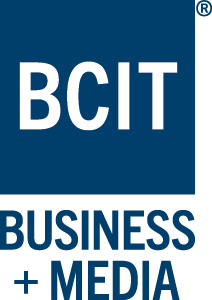








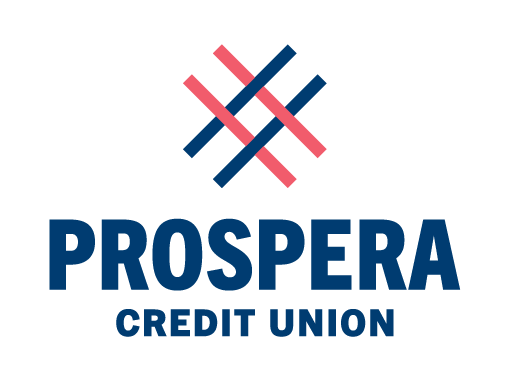
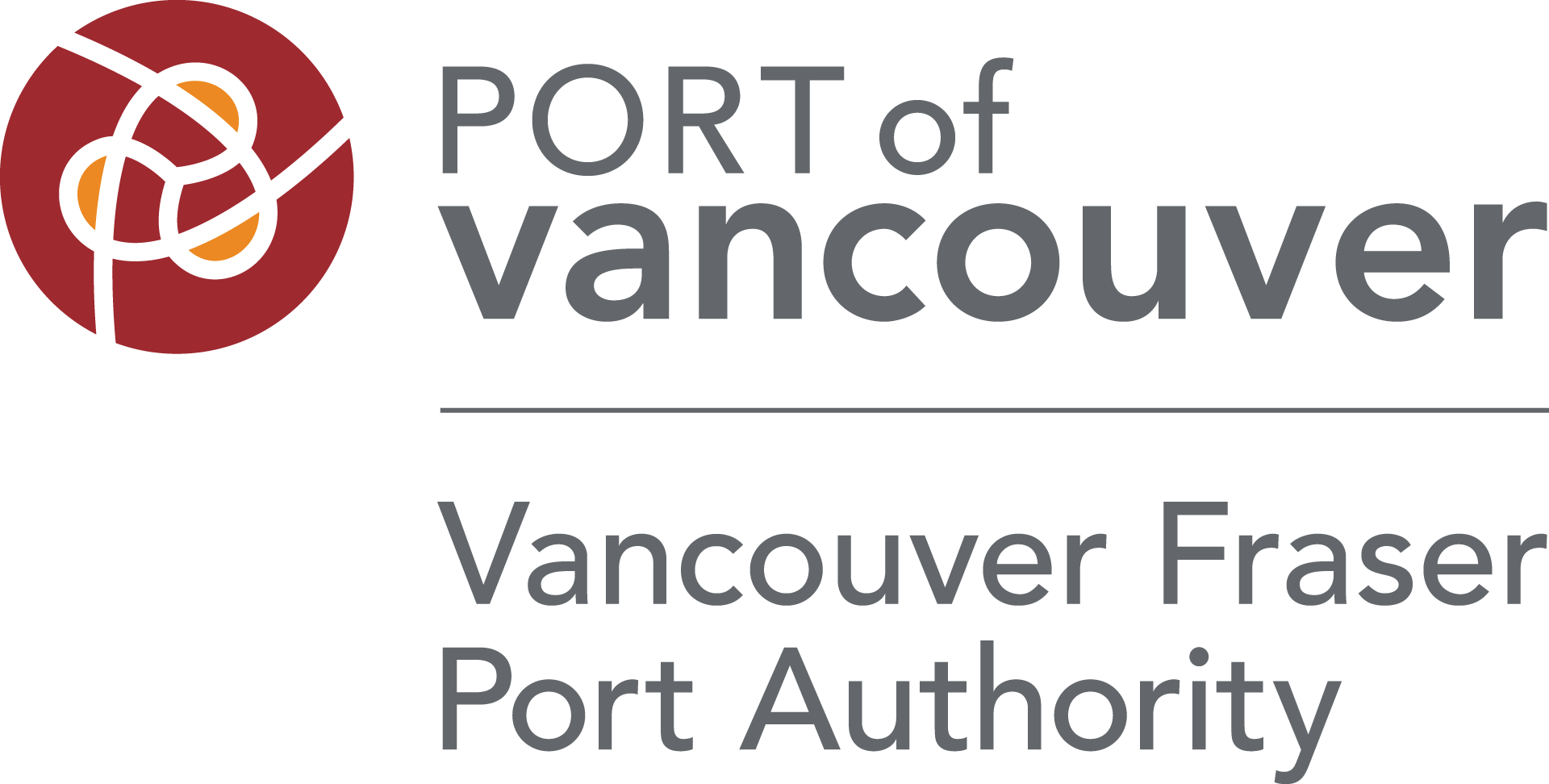

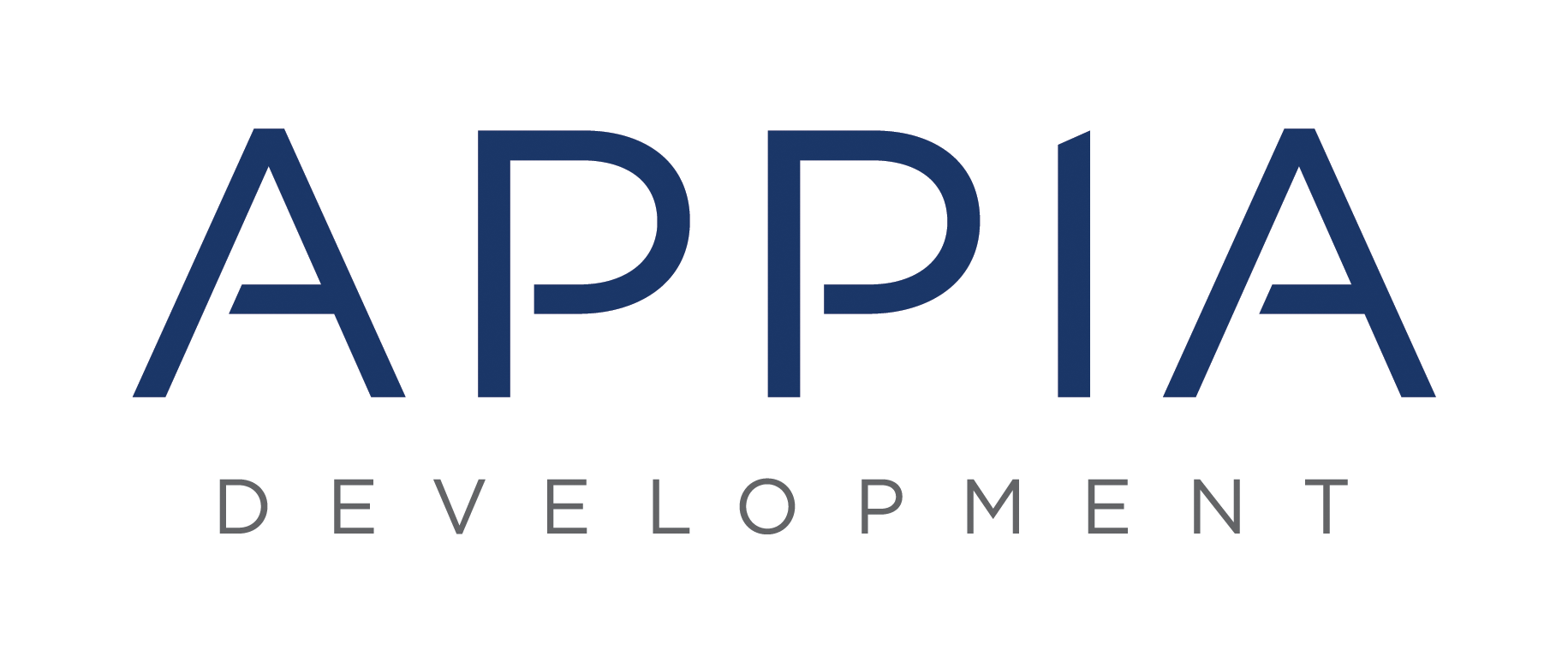
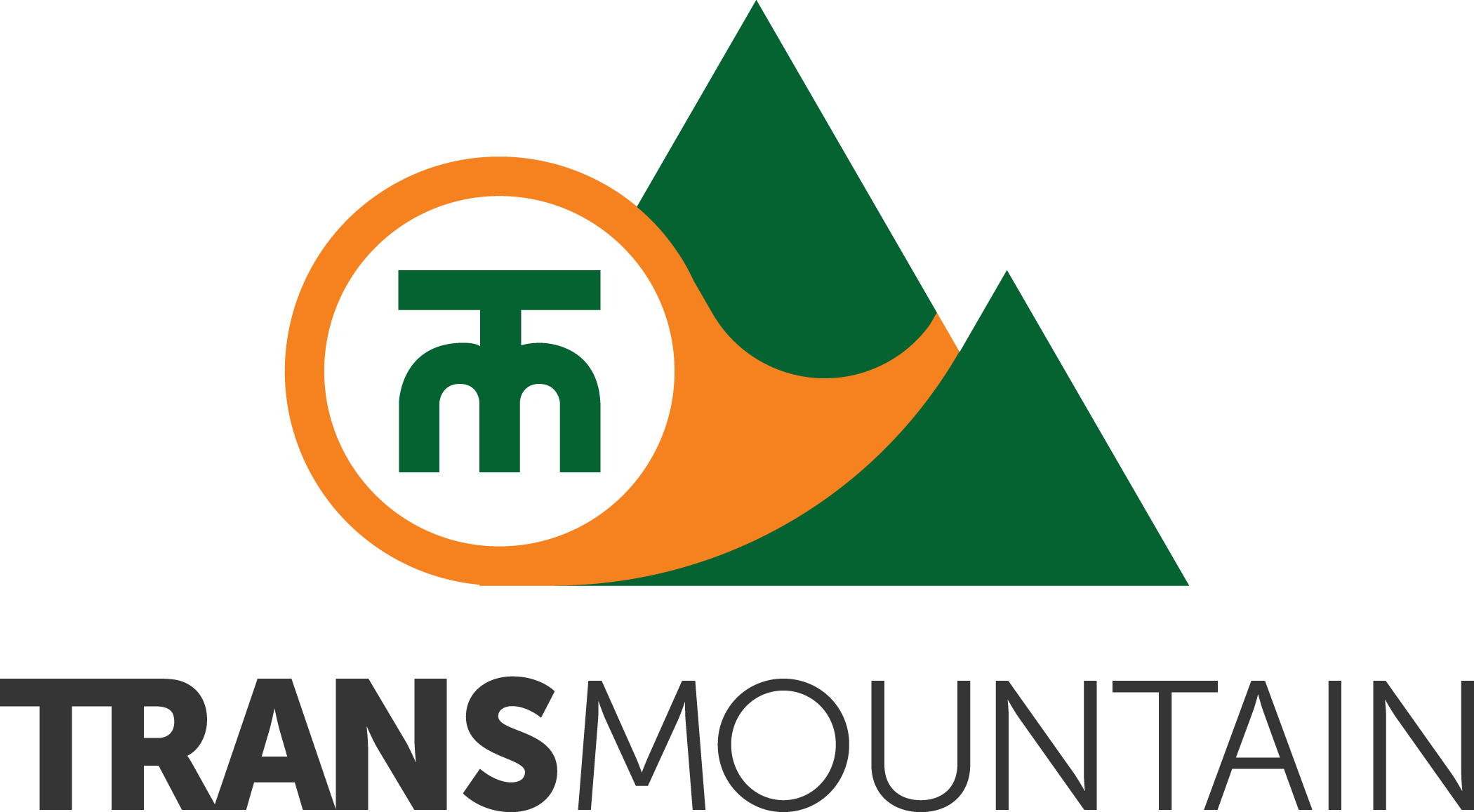


connect with us